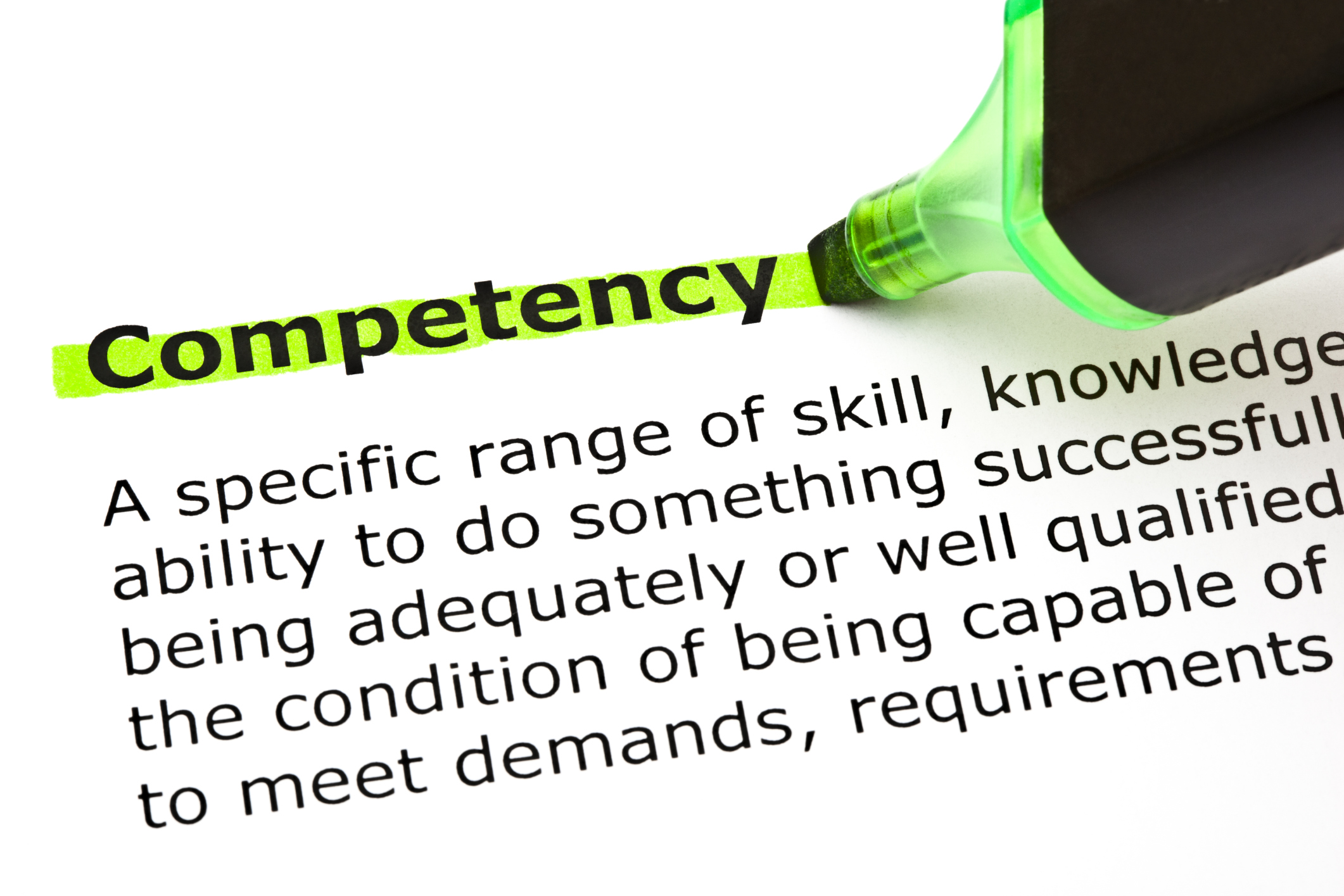In early November, each year, our minds turn to Thanksgiving. No surprise that Thanksgiving ranks as one of many American’s favorite holidays. It’s a time of positive reflection, a time to literally give thanks for all the blessings in our lives, and the gateway to the triumvirate of important holidays (Thanksgiving/Christmas/New Year’s Day). And then there’s the food: a grand feast of turkey, ham, stuffing, cranberry sauce, mashed potatoes, rolls, and pecan and pumpkin pie. For many people, it’s a glorious four-day weekend of eating, watching football games, visiting with family and friends, and reflection on the past year.
HQAA Blog
Topics: Quality, Employee Training, Process Improvement, Showroom, Retail, Delivery, Competence, Work, Customer Service, Business Practices, Marketing, Infection Control, Equipment, DMEPOS
You could write a book about “employee vs. contractor” pros, cons, legality, and operational efficiency. In fact, there are books written about that very subject. There are also lawyers who specialize in employment law who advise companies about how to structure their staffing around those two broad categories of staff. While accreditation organizations won’t delve into the legalities (that’s for the lawyers to do), accreditation standards DO in fact address both categories of staffing.
Topics: Employee Training, Personnel Files, HQAA Accreditation, Clinical Practice Guidelines, Quality Care, Retail, Delivery, Clinical Respiratory Services, Competence, Customer Service, Business Practices, Surveys, Equipment
The pandemic has changed how we look at employment in the United States in a multitude of ways. Many of us now “telecommute” to work, which opens up the opportunity to live farther from the office than ever before. Young people have new and different considerations and priorities when it comes to accepting a job. And of course, there’s the fact that it is increasingly more difficult to recruit and retain good long-term employees. Complicating these issues specifically in our industry are the pesky and sometimes misunderstood background check requirements.
Topics: Quality, Security, HQAA Accreditation, HME Accreditation Requirements, Compliance, Showroom, Retail, Delivery, Competence, OIG
Imagine how hard it would be to adequately assess whether a person could do some specific task (such as teach school, perform surgery, re-wire a house’s electrical system, or build a bridge) without actually observing them doing that task. We hire employees based on applications and resumes, we evaluate their performance in a job by checking their attendance record to insure they show up to work on time, and we monitor a delivery person’s driver’s license or a clinician’s clinical license to make sure they haven’t expired or been revoked. But no tool works as well to assess a person’s ability to do their job as well as actually watching them do their job. Competency assessments are an integral part of the evaluative process and some would say, THE most important part of that process. If you are hiring a marksman for their ability to hit a target, at some point, you’re going to go out into the field and say “Show me what you’ve got!”
Topics: Employee Training, Renewing Accreditation, HQAA Accreditation, Avoiding Deficiencies, Delivery, Clinical Respiratory Services, Competence, DMEPOS
Surveyors for all the accrediting organizations are back on the road now, surveying up a storm and working to catch up the backlog of new customers and ongoing customers who were scheduled for survey in that March to July 2020 time period. It’s good to be back doing what we love, even with some accommodations and new processes in place.
Topics: Employee Training, Renewing Accreditation, HME Accreditation Requirements, Avoiding Deficiencies, Competence, Surveys
Effective ‘Onboarding’ & Improving Employee Retention Rates
Statistics vary, but a general rule of thumb is that 35-45% of all new employees will leave the company that hires them within two years. One piece of the data that is consistent is that the rule of thumb applies to all industries and sectors, high wage earners and workers making minimum wage, young and old, male and female. That statistic should stun managers, supervisors, and business owners and should serve as a “call to arms” encouraging companies to study how they hire and orient new employees to their jobs.
Topics: Employee Training, Quality Improvement, Process Improvement, Competence, Business Practices
Many in the home medical equipment industry equate policy manuals to their accreditation inspections. And of course, these bulky tomes are certainly a large part of the accreditation and survey experience for every DME. Policy manuals serve as the road map for how work gets done within an organization, a set of rules for the organization, and the document that defines the structure, function, and philosophy of the organization. Let’s look at what a policy manual should contain and how it impacts not only accreditation, but also the overall day-to-day operation of an organization.
Topics: Employee Training, HIPAA, Security, Personnel Files, Quality Improvement, Billing, Renewing Accreditation, Quality Standards, HQAA Accreditation, HME Accreditation Requirements, Patient File Requirements, Compliance, Patient Privacy, Clinical Practice Guidelines, Materials Management, Avoiding Deficiencies, CMS, Complaint Process, Quality Care, Showroom, Retail, Delivery, Clinical Respiratory Services, Oxygen, Warehouse, Safety Officer, Competence, Customer Service, Disaster Preparedness, Emergencies, Business Practices, Marketing
“Ride Alongs:” A Useful Tool for Your Company
“Ride alongs” are home visits that are performed with a new orientee or current staff member where an evaluator rides along to teach and observe the staff member performing the visit. These visits are typically done during orientation/training and on an on-going basis for competency assessment. These visits ensure that all of job-related tasks are being performed in a correct manner while the staff member is unsupervised in the field.
Topics: HIPAA, Quality Standards, HME Accreditation Requirements, Patient Privacy, Quality Care, Delivery, Competence
4 Best Practices for Managing DME Employee Competence
In healthcare and the healthcare workplace, competency assessment has become crucial to ensuring employees—particularly those providing direct patient care—have the necessary training and skill to do their job and care for their patients.
For DMEs that provides medical equipment and supplies to patients, this concept of assessing and maintaining staff competence is crucial, and sometimes misunderstood.
Topics: Employee Training, HQAA Accreditation, HME Accreditation Requirements, Competence










